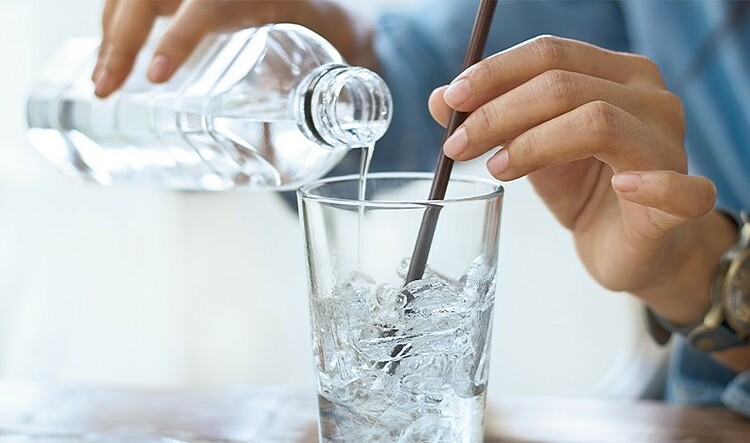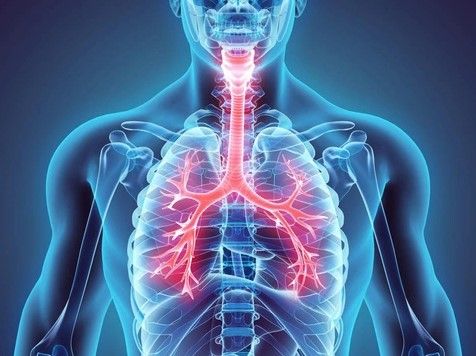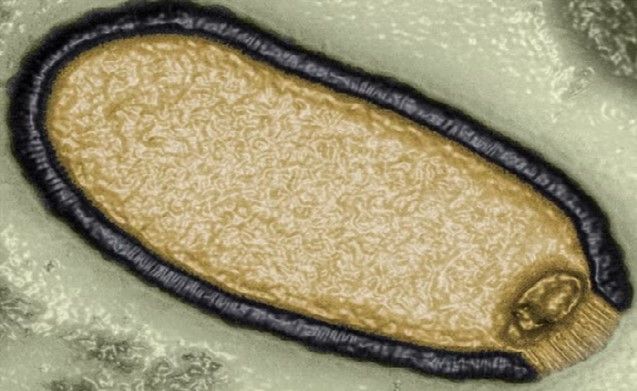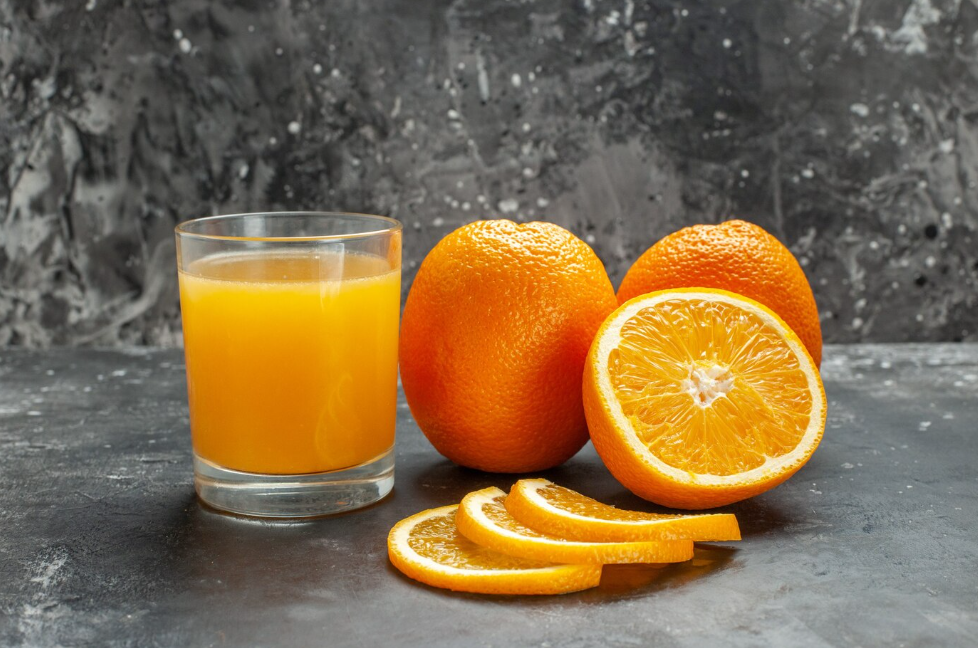How much water should I drink per day?
On average, adults should add 35-40 ml/kg of body weight per day, but each subject will have its own recommendations.
On May 8, Doctor Huynh Tan Vu, Department of Traditional Medicine, University of Medicine and Pharmacy, Ho Chi Minh City, said that in hot summer days, when the ambient temperature rises, the body will lose water through the skin. sweating) and through the lungs (increased breathing rate).
The amount of sweat excreted to regulate body temperature is very large, about 2-3 liters / hour, maybe 3-3.5 liters / hour, causing disorders due to lack of water. In addition, an adult every day excretes 1-1.5 liters of urine, water permeable to the skin (not sweat) 450 ml, 250-350 ml through breathing air.
Properly drinking water not only cools down but also increases resistance, keeping the body healthy in hot weather. So how much water should a person drink? The amount of additional water depends on the weather, living conditions, labor and physiological conditions. In particular, each subject will have its own recommendations.
For adolescents (10-18 years old), water requirement is 40ml/kg; 19-30 years old with heavy physical activity, water requirement is 40ml/kg; from 30 to 55 years old - physically active - water requirement is 35ml/kg; People over 55 years old need 30ml/kg of water.
In children weighing 1-10 kg, the water requirement is 100 ml/kg; Children 11-20 kg need at least 1,000 ml of water; Children 21 kg or more need at least 1,500 ml of water. Water can be replenished through food and drink.

Dehydration is a condition in which water intake is less than water output, disrupting the balance of salt, mineral and blood sugar levels, hindering normal activities. Some dangerous complications of dehydration include: cerebral edema, seizures, shock, acute kidney failure, coma and death.
The telltale sign is thirst; dizziness, lightheadedness; palpitations; little urine output; Dry mouth; urine is dark yellow and thick; muscle weakness; dry skin.
Conversely, too much water intake also leads to an excess of water in the body, which is equally dangerous as dehydration. Symptoms include nausea, vomiting, feeling full and full, headache, feeling the muscles weaken, possibly cramping or pain, convulsions, unconsciousness.
To ensure health, it is easiest to just drink boiled water to cool, if drinking bottled water, you must choose reputable brands in the market. Many people do not like to drink filtered water because they have no taste, can add a few slices of lemon, strawberry, cucumber, mint leaves to the water bottle.
Summer drinks such as coconut water, lemonade, fruit smoothies, both add water and vitamins. You can also add a pinch of salt to the drink which will enhance the taste and replenish electrolytes lost through sweating. Watermelon, orange, peach, pineapple are all very healthy fruits, rich in vitamin C, helping to retain moisture.
In addition to fruits, vegetables such as broccoli, cabbage, and spinach are ideal for cooling off, helping to brighten skin. Using boiled vegetable juice or soup in meals is also a way to supplement water, vitamins and minerals. Do not drink liquids that contain alcohol or have too much sugar, which will make the body more dehydrated.
When drinking water, drink it slowly and in small sips so that the body can respond and gradually bring water to the organs, helping the absorption process to be favorable.
Drinking too much water at once will increase the burden on the heart, which is dangerous for people who have just run or worked hard. This also causes constant sweating, leading to a lack of electrolytes such as potassium and sodium in the body, thereby increasing thirst, not to mention causing bloating and hiccups.
The habit of only drinking water when thirsty and when thirsty, drinking continuously is not good because when you feel thirsty, your body is already lacking water. Therefore, drinking enough water regularly, even if you are not thirsty, will help you stay healthy.
Do not drink too cold water because it will cause gastrointestinal diseases (because ice is made from unsanitary water) as well as respiratory diseases such as pharyngitis, pneumonia. In addition, drinking too cold in the hot season will lower body temperature, slow down metabolism.
* SOURCE: https://vnexpress.net/nen-uong-bao-nhieu-nuoc-moi-ngay-4602290.html









 Facebook
Facebook
 Tweet
Tweet
 Zalo
Zalo







 News
News

















 Sign in with Facebook
Sign in with Facebook
 Sign in with Google
Sign in with Google